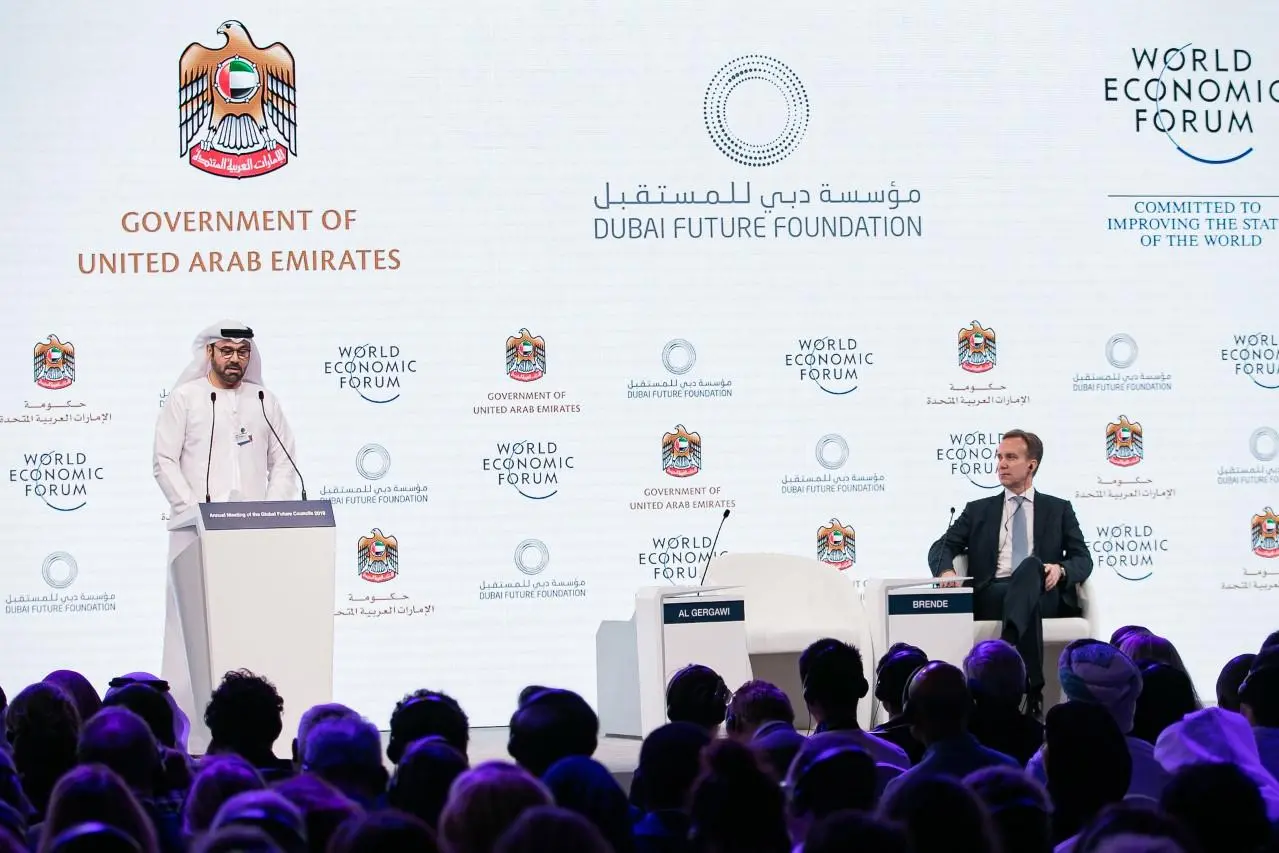PHOTO
Increasing financial inequality, misuse of technology and distrust of governments are the three main challenges before the Middle East region and the world, according to a senior UAE government official.
As one percent of the world population controls more than 50 percent of the global wealth, and 50 percent of the under-privileged owns just one per cent of the global wealth, this poses the biggest challenge before the business and political leaders, said Mohammad Abdullah Al Gergawi, UAE’s minister of cabinet affairs and the future and co-chair of the Global Future Councils at the World Economic Forum’s (WEF) Annual Meeting of the Global Future Councils 2019 in Dubai this week.
Experts around the world are trying to use the Fourth Industrial Revolution to narrow the financial inequality gap, and while this is not impossible, it looks like a tough road ahead, he said. Around 600 million people are leading a life similar to that in before the agricultural revolution and more than one billion people around the world continue to live without electricity, he added.


Mohammad Abdullah Al Gergawi, Minister of Cabinet Affairs and the Future of the UAE & Co-Chairman of the #GlobalFutureCouncils noted three key issues that must be addressed for a stable, safe and happy future. Image supplied by World Economic Forum / Benedikt von Loebell
Adoption of new technologies has given rise to new types of criminal activities such as cybercrime, data and identity thefts, the minister said.
“Governments and businesses have lost $50 billion this year owing to cybercrime. As of now, only two billion people are connected to the Internet, when more people come online, the opportunities will grow exponentially but threats of cybercrime will rise as well,” he said, calling upon more than 700 global experts attending the WEF meeting to find solutions to the problems rising due to misuse of new technologies.
The third biggest global challenge identified by the UAE minister was distrust between governments and the governed.
“Though 82 percent of the UAE population trusts its government, the global average is 47 percent,” he said, quoting the recent Edelman Trust Barometer report issued by the US-based consulting firm.
Gergawi believes there is a great amount of distrust across the world. “Whether it’s an issue of fake news, rights violation or government corruption, lack of trust in governments and institutions result in social outbursts,” he said, citing the deadly protests in Hong Kong and Iraq as examples.
Social stability is key to economic development, and if governments and businesses want to optimize productivity amid the Fourth Industrial Revolution, they will need to listen to their people and address problems at both macro and micro levels, he concluded.
(Reporting by Atique Naqvi; Editing by Brinda Darasha)
Our Standards: The Thomson Reuters Trust Principles
Disclaimer: This article is provided for informational purposes only. The content does not provide tax, legal or investment advice or opinion regarding the suitability, value or profitability of any particular security, portfolio or investment strategy. Read our full disclaimer policy here.
© ZAWYA 2019





















